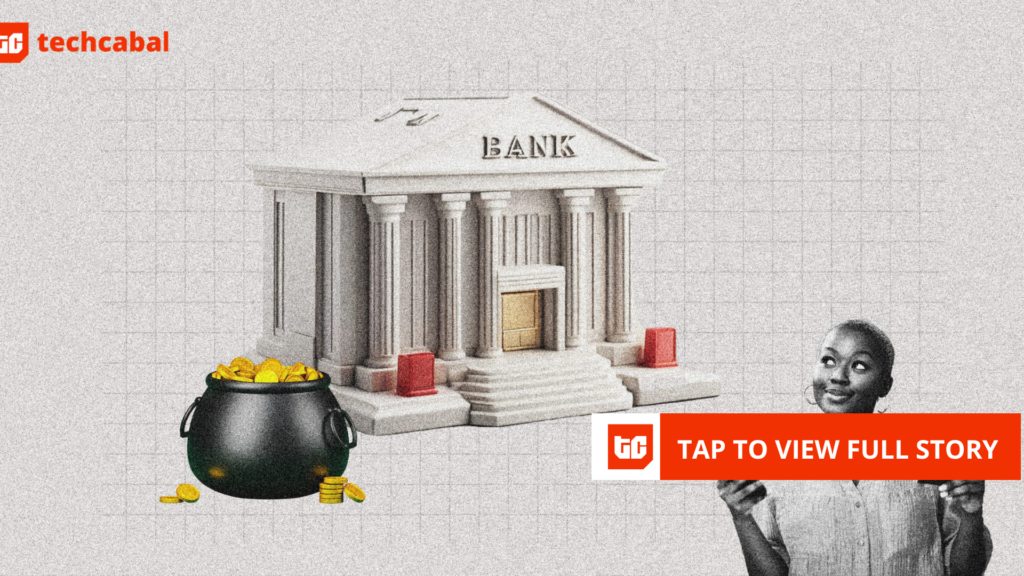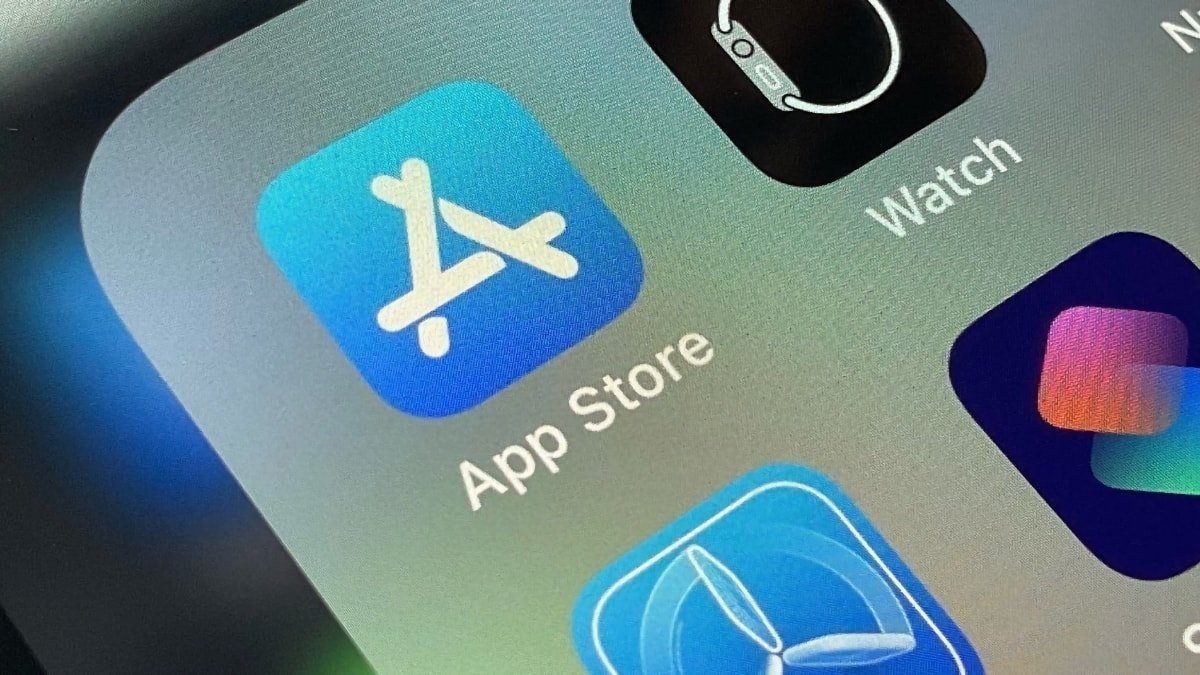In recent months, system glitches at some major Nigerian banks have led to customers experiencing issues like incorrect bank deposits and unauthorised withdrawals. In addition to incurring financial losses, these glitches raise concerns about how well banks safeguard interbank settlements, especially as transaction volumes surge.
This rise in banking glitches risks eroding consumer trust and damaging bank reputations, especially in underserved communities where digital banking is the bridge to inclusion. If left unchecked, these failures could stall — or even reverse — progress toward the Central Bank of Nigeria’s goal of 80% financial inclusion by 2026, up from 64% in 2023.
The data
In the first quarter of 2025, Wema, Keystone, and Union all suffered substantial glitches. These glitches resulted in unauthorised transfers totaling ₦17.3 billion ($10.7 million) from its bank customers’ accounts. In October 2024, Guaranty Trust Bank (GTB) mistakenly credited ₦1.9 billion ($1.2 million) to some customers following a system failure.
In the aftermath, banks have taken to suing each other in a bid to recover lost funds, a trend that risks straining interbank relationships and eroding public trust in the banking system.
“Glitches are system failures that disrupt the normal flow of electronic transactions,” said Stephen, a Lagos-based mid-management level staff at a major bank who asked only for his first name to be used.
A typical transaction involves transferring funds from an intended sender to its intended recipient. When a glitch occurs, “money is sent to an unintended recipient, resulting in unauthorised debits from the accounts of individuals who did not initiate the transaction,” according to Stephen.
Why do glitches happen?
System upgrades in Nigerian banks often lead to glitches due to unrealistic deadlines set by CEOs aiming to reduce costs, according to a senior information security official at a major Nigerian bank, who asked not to be named to speak freely.
“These tight schedules make it difficult to avoid errors and vulnerabilities, and prolonging the upgrade makes it more expensive for them.”
In Q3 2024 and Q1 this year, many Nigerian banks, including GTB and Wema, undertook significant core banking software upgrades to modernise their operations and enhance customer experiences.
According to Elijah Bello, a Lagos-based software developer and cybersecurity expert, rushing system upgrades, particularly within critical sectors like banking, is one of the fastest ways to trigger a major glitch.
“Whether you are changing software or doing a major update, it is still an upgrade,” he said. “And usually banks are under pressure to complete it on time, which may lead the tech team to skip or shorten the testing phase.”
Bello added that unexpected behaviors occur when patches or new features go live without fully testing all edge cases.
“The banking industry will generally not allow them much time to test due to their economic duties,” he said.
A glitch becomes a gateway for hackers or IT professionals to access accounts or functions they’re not supposed to, says Stephen.
“Nigerian banks face constant cyberattacks from external hackers, disgruntled former IT staff, and individuals with in-depth knowledge of their core software,” he said. “ While these attempts aren’t always successful, system upgrade urgency can create vulnerabilities, making it easier for unauthorized access to bank accounts.”
Financial institutions reported the termination of 42 employees due to their involvement in fraudulent activities in Q3 2024, a 14.3% increase from the previous quarter, according to a recent report by Financial Institutions Training Centre (FITC).
The FITC report also noted that fraud-related losses in Nigeria rose to ₦10.1 billion across 19,007 cases in Q3, up from ₦1.18 billion across 12,066 cases in the same period of 2023. However, on a quarter-on-quarter basis, the total amount dropped from ₦42.8 billion, suggesting some recent gains.
A digital payment expert who also asked not to be named to speak freely said Nigerian banks’ technological vulnerabilities stem from their integrations with third-party vendors. These integrations, which have increased significantly in recent years, are often poorly executed and create problems for the banks.
One example is the Fidelity Bank data breach allegations in August 2024. The bank was fined ₦555.8 million ($346,568) by the Nigerian Data Protection Commission (NDPC) for allegedly processing personal data without obtaining informed consent from data subjects. The NDPC investigation revealed that Fidelity relied on third-party data processors that were also non-compliant with data protection regulations. But the bank denied the allegation and disputed the fine imposed by the commission.
“Unfortunately, many of these third party integrations are poorly done, porous, and create nightmares,” the digital payment expert added.
What should banks do?
To reduce glitches in Nigerian banks, experts recommend improving hiring and retention strategies for tech talent, strengthening cybersecurity protocols, building redundancy into transaction networks, and improving regulatory oversight of both banks and their third-party partners.
reported last month on the growing competition from fintechs that has forced banks to increase technology spending. Six banks spent ₦268.7 billion ($171.5 million) collectively on its technology infrastructure in 2024, a surge of 74.5% from ₦153.8 billion ($98.2 million) in 2023.
If glitches persist, customers may migrate to more reliable fintechs or decentralised finance (DeFi) platforms, resulting in customer attrition for banks. But if banks get it right, customers would regain faith in digital banking systems increasing the adoption of digital and mobile banking services.










